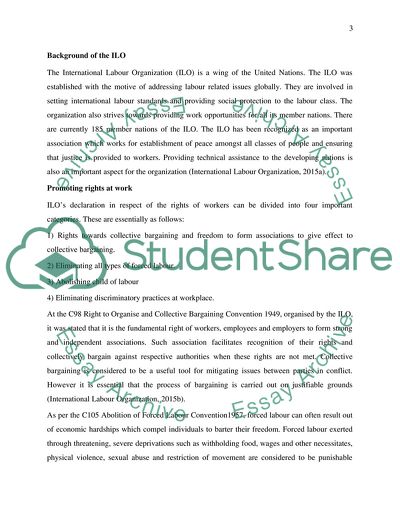Cite this document
(ILO Assignment Example | Topics and Well Written Essays - 1500 words, n.d.)
ILO Assignment Example | Topics and Well Written Essays - 1500 words. https://studentshare.org/human-resources/1871632-ilo
ILO Assignment Example | Topics and Well Written Essays - 1500 words. https://studentshare.org/human-resources/1871632-ilo
(ILO Assignment Example | Topics and Well Written Essays - 1500 Words)
ILO Assignment Example | Topics and Well Written Essays - 1500 Words. https://studentshare.org/human-resources/1871632-ilo.
ILO Assignment Example | Topics and Well Written Essays - 1500 Words. https://studentshare.org/human-resources/1871632-ilo.
“ILO Assignment Example | Topics and Well Written Essays - 1500 Words”. https://studentshare.org/human-resources/1871632-ilo.


